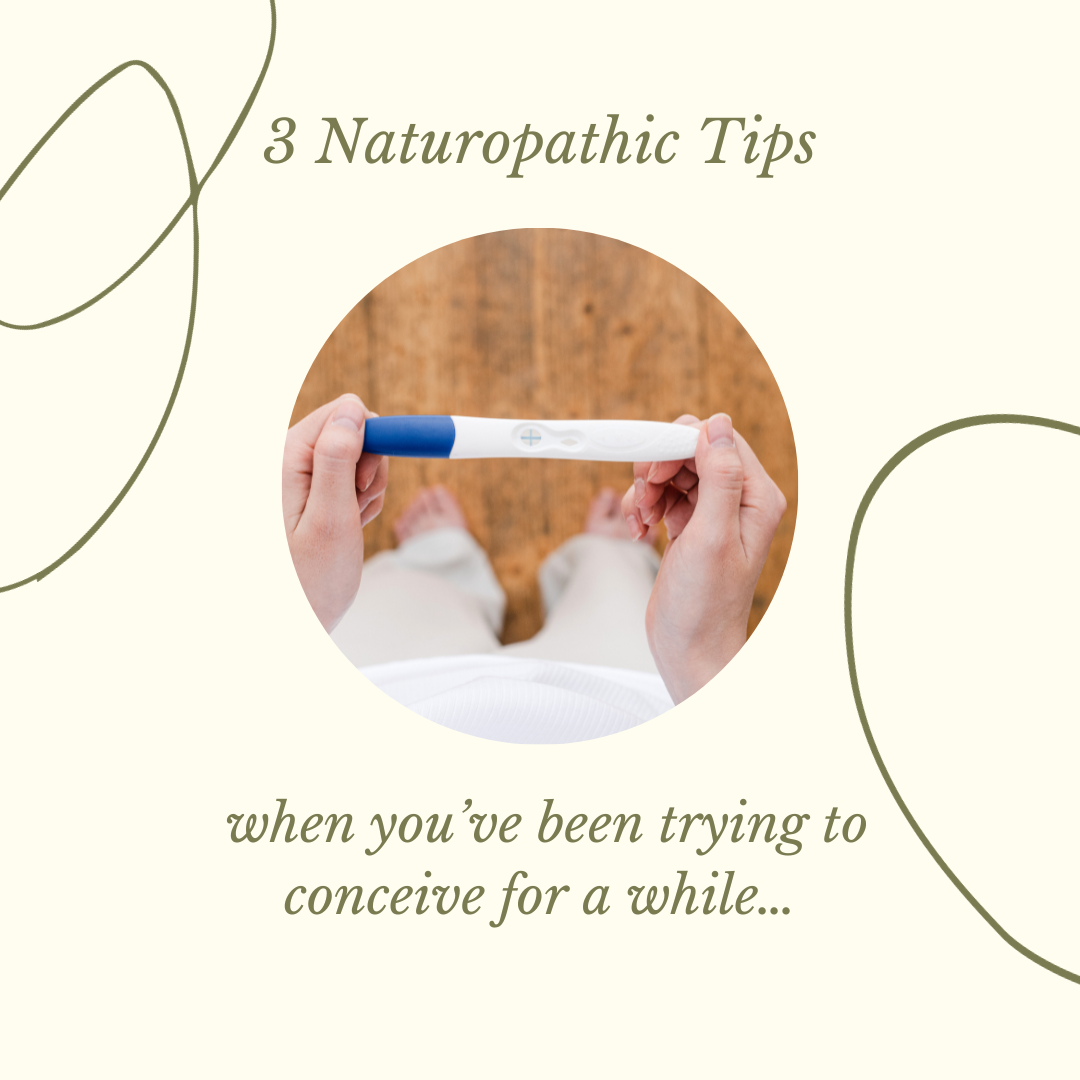
So, you've started trying to conceive but nothing's happening...?
We hear you!
Understanding your fertility and the factors that impact it is essential to helping it all happen sooner. Our New Leaf Practitioners have a combined 30 years of experience in helping people start families, let us help you!
When having regular unprotected intercourse:
This timeline seems long, being patient is important BUT lets help you understand what you can do to get pregnant sooner
If you’re using a fertility app to tell you when to time intercourse for conception, you’re probably using flawed information - the days your app gives are a guide only, and are not an exact way to predict ovulation.
Fertility apps use a 'textbook' ovulation/menstrual cycle to determine your fertile times. When you input your menstrual cycle length, and after a few cycles when the app sees your 'average' cycle length, it simply counts back 14 days. This is because, in a 'textbook' 28-day menstrual cycle, ovulation occurs on day 14 with a post-ovulation phase of 14 days.
The problem is most of us aren't textbook, ovulation isn’t uniform, and none of us conform to a one-size-fits-all algorithm.
For example, you might have a 28-day cycle, but ovulate on Day 18. Or a 35-day cycle and ovulate on day 19. In these cases an app won't give you accurate timing information, and we see this a lot in clinic.
The best way to confirm ovulation is with your basal temperature or using an ovulation test kit.
Your fertility app could be misdirecting you…
Also, remember to have intercourse in the lead-up to ovulation, so sperm are up there ready & waiting when your egg is released. Digital ovulation test kits will let you know when you’re approaching ovulation, and your body will too! - pay attention to your cervical mucus and its change to fertile ‘egg-white’ mucus in the lead-up to ovulation.
As we mentioned above, most women will conceive within those timeframes, so if you haven't it's well worth taking a closer look into why.
A good GP will also recommend a male partner have further testing too, including a full semen analysis.
Preconception is a really valuable time before you conceive. Addressing any underlying health issues during this time, making dietary & lifestyle changes, and taking nutritional and herbal medicine where appropriate (at the very least a prenatal supplement), can positively influence both egg & sperm quality, and fertility outcomes (including IVF outcomes).
Ideally, you’d focus on preconception care for at least three months - this is the time it takes to make a new sperm cell, and for egg cell maturation prior to ovulation.
All these things can all positively impact your fertility.
Trying to conceive isn't always easy - we know this because we've been helping women and couples conceive for over 15 years. Put these three tips into action and reach out if you'd like some in-depth and personalised guidance to optimise your fertility.
The New Leaf Naturopaths, Herbalists and nutritionists are experts in supporting your fertility journey. We're here to help guide you with detailed investigation interpretation, personalised supplement prescriptions and an abundance of suggestions, including food & lifestyle advice. Book online for your virtual appointment today.